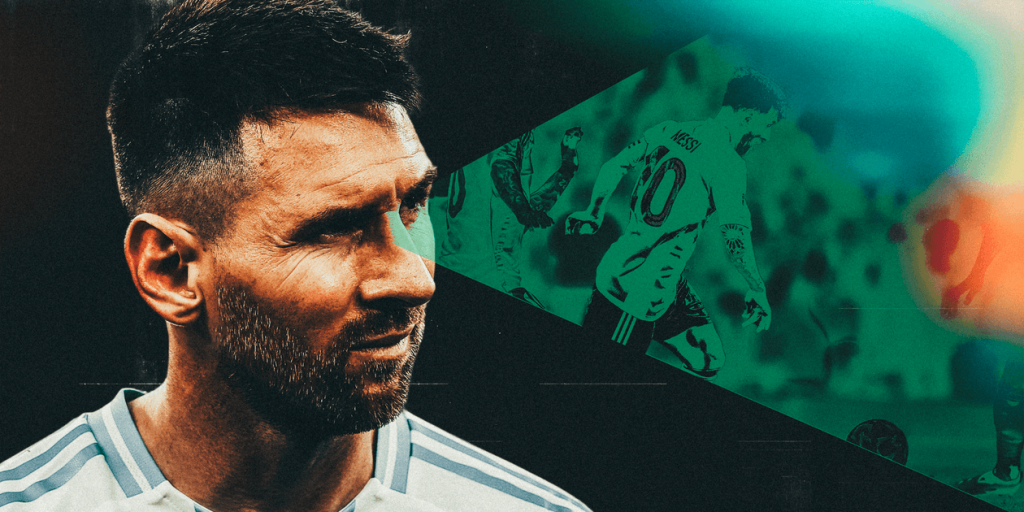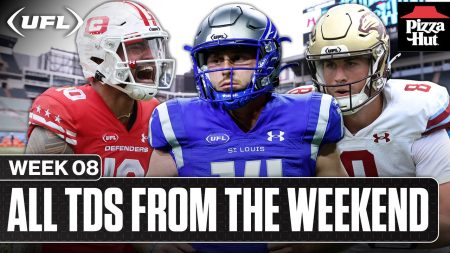Frank Lampard, former midfielder for Chelsea and England, is known for his scanning, a skill in football that refers to the player’s ability to rapidly assess their surroundings on the field. Upon analysing Rodri from Manchester City, Lampard identified a sequence involving multiple scans leading to a potential goal. Research by Geir Jordet, Professor at the Norwegian School of Sport Sciences, suggests that the best players tend to scan more frequently. Scanning prompts successful decision making, heightening the potential for efficient and accurate moves.
Superlative scanning is characteristically subconscious, Frank Lampard recalls, only becoming clearly integral to play upon reflection. His father, a former player and coach, would stress the crucial nature of pre-emptive awareness and quick adaptation even prior to advanced technology and fresh terminology. Such awareness extends to positional adjustments based on team-mates’ locations and impending threats. Renowned players, like Lionel Messi and Zinedine Zidane, display almost instinctive understanding of the game’s environment, metaphorically known as having a sixth sense.
However, scanning is not universally mastered among elite players. Some misjudgements due to a lack of scanning can lead to missed opportunities and errors that allow the opposition to capitalise. Experts suggest that players transitioning to different positions, such as strikers becoming midfielders, may find scanning more challenging as they adapt to different positional demands. Analyses also show that prolific scanners tend to consider multiple tactical options per scan, with the final decisions often made just before receiving the ball.
Scanning demands constant cognitive processing, requiring players to rapidly comprehend and utilise both proximate and wider field information. Some players, like Martin Odegaard of Arsenal, have reportedly been developing their scanning abilities from an early age. In his case, Odegaard practised scanning in simulated in-game scenarios using a virtual reality headset. This technology aids the honing of scanning techniques to strategic effect and can also feature in pre-game preparation routines.
Despite its importance, scanning doesn’t always feature prominently in coaching and professional training, with more emphasis often placed on team tactics. However, training exercises specifically designed to focus on scanning can prove beneficial, particularly when feedback includes video footage demonstrating the impacts of effective scanning versus missed opportunities due to inadequate scanning. Further research suggests a tailored approach for each player’s position might yield more efficacious results, as forwards differ from midfielders in their scanning methods.
Ultimately, scanning, though it appears as a simple task of physically swivelling one’s head, involves a complex blend of cognitive skills that must be acquired and honed. Understanding what information to glean from each scan, and what to act upon, may be the key talent in this crucial footballing skill. Therefore, prioritising its development in training could yield distinct advantages in match play.















